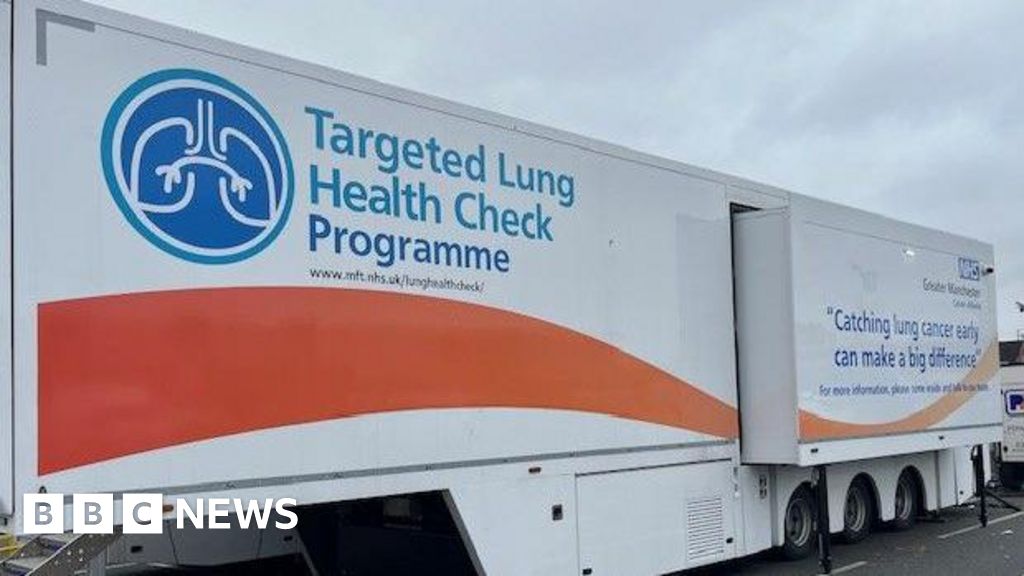NAFLD-HCC patients also have typically more co-morbidities and tend to get older.
A study published in the National Library of Medicine said that NAFLD is a major cause of hepatocellular carcinoma (HCC) in many developed nations.
Nonalcoholic Fatty Liver Disease (NAFLD), a condition characterised by the accumulation of excess fat in the liver, has become a growing health concern. Contrary to its name, NAFLD can affect individuals who do not consume alcohol excessively. Typically prevalent among those who are overweight or obese, this condition often progresses silently, with many individuals not exhibiting noticeable symptoms. However, the insidious nature of NAFLD lies in its potential long-term consequences.
Recent studies, including one published in the National Library of Medicine, have shed light on the association between NAFLD and hepatocellular carcinoma (HCC), the most common form of primary liver cancer. The research emphasizes that while HCC is generally considered a rare outcome of NAFLD, the incidence is increasing, contributing significantly to chronic liver disease.
NAFLD-HCC patients tend to have more co-morbidities and are generally older, adding another layer of complexity to their impact on public health. The study underscores that hepatocellular carcinoma often develops in conjunction with liver cirrhosis, a more advanced stage of liver damage.
Several risk factors contribute to the development of NAFLD and its potential progression to liver cancer. Dietary choices, particularly the consumption of high-calorie foods like sugary drinks and fast food, play a pivotal role. Sedentary lifestyles, genetic factors, and the misuse of non-prescription medications are additional risk factors that can accelerate the accumulation of fat in the liver.
Preventing the progression from NAFLD to liver cancer involves addressing these risk factors and making crucial lifestyle modifications. Early detection and intervention are paramount. If diagnosed with fatty liver at an early stage, individuals are advised to consult healthcare experts to receive appropriate treatment and guidance.















































